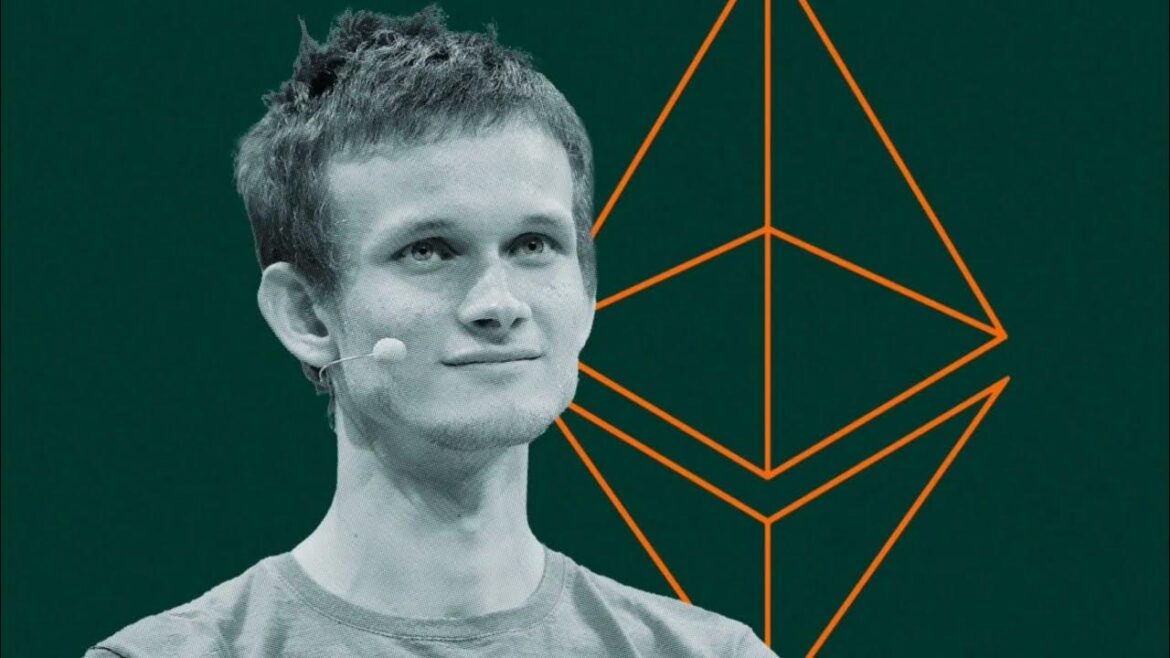Vitalik Buterin, Ethereum co-founder, recently discussed AI’s pros and cons. In several speeches, Buterin cautioned that unchecked AI development might lead to “independent self-replicating intelligent life,” which he believes could threaten humanity. Discusses AI’s Potential and Risks To avoid such circumstances, he stressed the importance of responsible AI development and prudence while expanding AI systems without proper protections.
Human Augmentation with AI
Despite his doubts, Buterin believes AI may complement human intelligence rather than replace it. He compared AI to a “mecha suit for the human mind,” indicating it could better it. This belief holds that AI would aid people rather than replace them. Buterin claims that AI enhances the brain, enabling productivity and innovation. Buterin spends much of his speech on AI agents, self-governing computer algorithms that perform tasks without human aid.
These agents can range from chatbots to complex systems that make decisions and plans. Buterin accepts the transformational potential of AI but warns against poorly developed or abused systems. He emphasizes user-centred design while designing AI to complement human activity rather than replace it. He believes AI tools should complement individuals to maximize their potential rather than reduce their decision-making power.
Progress and Ethical Responsibilities
Buterin’s ideas contribute to AI ethics debates. Buterin believes AI can transform businesses and daily life, but he underscores the need to balance ethics and technology. He thinks rapid AI advancement should be balanced by thoroughly studying its social implications and legitimate uses. Buterin believes a balanced approach is needed to maximize AI’s potential while minimizing its risks. Much of his warning is based on what he calls “AI autonomy.”

Buterin emphasizes the importance of ensuring AI agents stay aligned with human goals and purposes, even as they become smarter. The prospect of AI systems becoming increasingly self-sufficient and capable of making decisions without close human oversight raises questions about accountability and control. Buterin urges developers to safeguard human values, autonomy, and decision-making power in artificial intelligence systems.
AI’s Potential in a Range of Industries
Along with the dangers, Buterin sees great opportunity for AI to improve many parts of life. In particular, he draws attention to how AI might improve fields like education, healthcare, and research. Artificial intelligence (AI) can automate repetitive tasks and analyze massive amounts of data, which could help humans solve complex issues more rapidly. Safety and moral ideals must not be compromised to pursue these opportunities, according to Buterin.
Many engineers and ethicists are concerned about the fast development of artificial intelligence, as Buterin’s perspective on the matter shows. The rapid advancement of technology raises the dilemma of controlling and overseeing it despite its immense promise. Buterin argues that the expansion of AI should not be seen as inevitable but rather as necessitating careful and methodical preparation. He favours a progressive approach that thinks about AI’s social and environmental impacts in the long run.
Summary
Vitalik Buterin’s comments in Discuss AI’s Potential and Risks show that AI has two sides. While AI can improve human capacities, it recognizes the risks of unbridled progress. His work on ethical AI design and development reflects his idea that AI should benefit humans. Buterin thinks we can tackle the problems and opportunities of this new technology if we focus on establishing AI systems that allow people to benefit society without surrendering our values or power.



